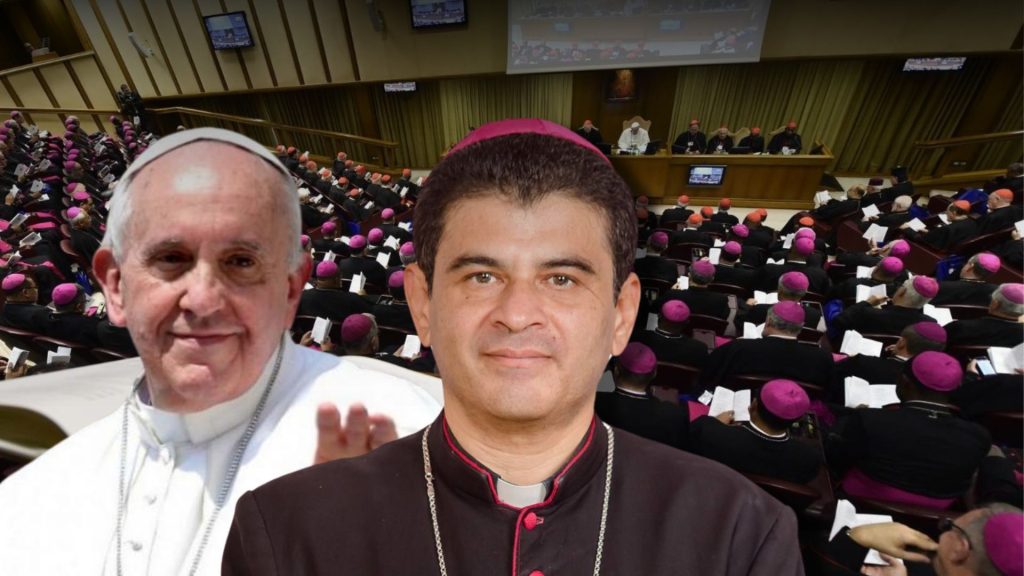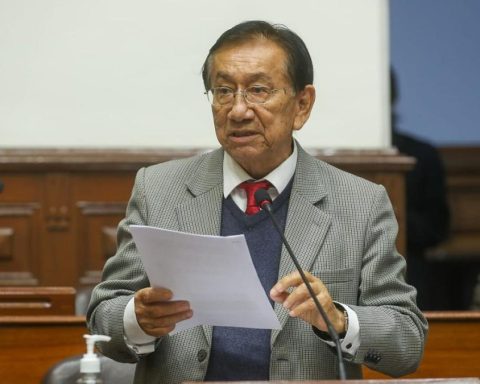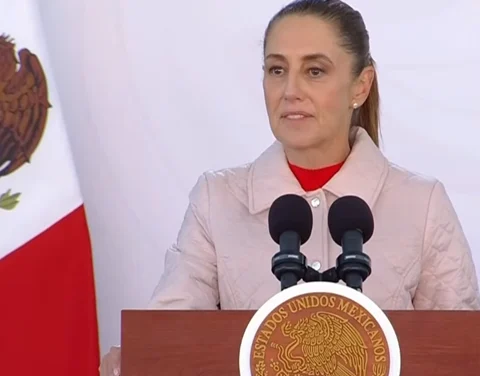An agency for Sheinbaum
To achieve what Casas Alatriste comments, it is necessary to have public servants focused on obtaining greater investments for Mexico and, in this scenario of nearshoringa comprehensive policy is urgently needed to attract FDI, especially new FDI.
“It would be very helpful to have a promotion agency for Mexico. Curiously, there is one fact: in all of Latin America we are the only country that does not have a promotion agency as such. So, I think we could have an echo in the new government to establish an agency to promote foreign trade, investment and innovation,” says Sergio Contreras, executive vice president of the Mexican Business Council for Foreign Trade, Investment and Technology (Comce).
From his point of view, the fact that ProMéxico was absent during this six-year term does not mean that the country was left out of a promotion, since work was done on the business side, as was the Ministry of Economy itself, along with the Ministry of Foreign Affairs and the Ministry of Agriculture. “Obviously, when there is an organization with more specialization, things can be done in a more coordinated manner and have better results,” he says.
The Comce has presented several proposals for attracting investments for the next six years of Claudia Sheinbaum’s government, among which is the creation of an investment intelligence area at the federal government level to attract projects that allow creating value, technological advancement and sustainability in the country through tools such as the analysis of Big Data.
One of the goals that the business organization proposes to the president-elect is to attract more research and development projects to the country, taking advantage of the agreements established by the phenomenon of nearshoring; The goal is for Mexico to go from being a manufacturing country to a country that generates innovation.
Claudia Sheinmbaum is no stranger to commentary or to attracting investments. Altagracia Gómez, economic advisor and coordinator of Regional Economic Development and Relocation of the president-elect, has made it clear that there will be a promotion plan inside and outside the country, which must be harmonized with the governors of the states, or else it will not work.
“Our entire nice and beautiful plan is kind of thrown away, it goes overboard, if we have governors fighting among themselves, offering land in the middle of nowhere, (…) I tell them: ‘it’s not a Chivas-America, it’s a World Cup and the reality is that we have to team up as a country to bring in the best investments.'”
Gómez has said that there is already a very structured proposal for “assertive promotion,” which involves a connection with universities, private industry and, of course, with the federal government, but also with the secretaries of economic development of each state.
In Shienbaum’s opinion, the world’s confidence in the Mexican economy has been strengthened like never before and, as a result, it has been possible to take advantage of the relocation phenomenon. “If under neoliberal governments, what arrived most were investments in maquila and extractive activities, we will promote those that bring with them fair and dignified salaries, knowledge, technological innovation and added value. It is a policy that is based on the premise that attracting investments only makes sense when it translates into shared prosperity, especially for those who have the least,” is what the president-elect has stated in her plan.
In the historical record of the Ministry of Economy, which covers from 2006 to the first half of 2024, by sector, FDI flows are concentrated in manufacturing industries, with 292,481 million dollars, 50% of the total; followed by the financial services and services sector, with 78,195 million (13%); and the mining sector, with 46,681 million (8%), among others.
In Sheinbaum’s perspective and work plan, the main sectors of industrial policy that should be promoted during her six-year term are semiconductors, electronics, electromobility, medical devices and agribusiness.

















